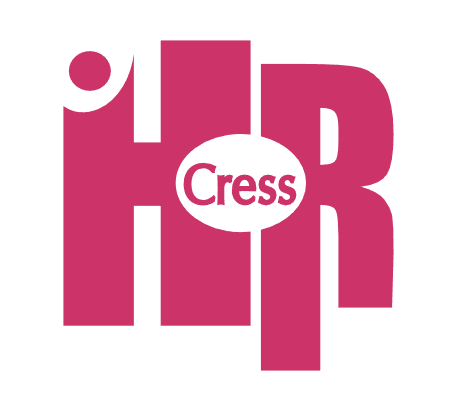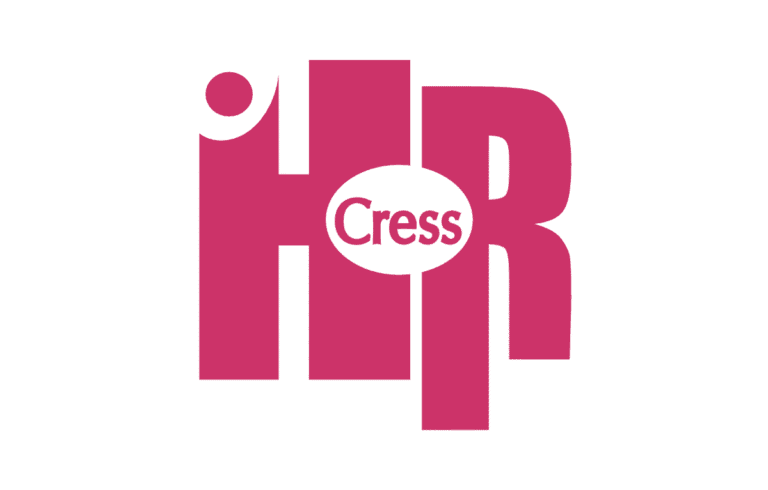Artificial intelligence in human resource management is quickly becoming a game-changer for small businesses. From automating hiring tasks to tracking employee engagement, AI promises increased efficiency and informed decision-making. But beneath the widespread tech buzz, we can’t ignore the underlying risks of bias, compliance challenges, and a loss of human touch that can undermine even the best intentions. Because of AI’s rapid integration into our businesses and everyday life, thorough research weighing both positive and negative impacts is critical.
This blog post examines five key advantages of AI in human resource management and five critical risks that every small business should be aware of before embracing automation.
5 Benefits of Artificial Intelligence in Human Resource Management
1. Streamlined Recruitment
AI tools can sift through hundreds of résumés, match candidates to roles based on their skill profiles, and even conduct initial interviews, allowing recruiters and human resources to devote more time to strategies and other important tasks.
2. Cost-Effective HR Operations
By automating repetitive tasks such as scheduling, onboarding, and document processing, small businesses can reduce overhead and enhance productivity.
3. Enhanced Decision Making
AI in human resource management offers data-driven insights into employee performance, turnover risk, and retention trends, supporting smarter strategic choices. AI can sort through massive amounts of data in less time and more efficiently.
4. Consistent Candidate Experience
Automated workflows ensure applicants receive timely communication, status updates, and onboarding support, substantially helping small teams maintain professionalism. Through chatbots and portals, AI can help answer employee HR questions and handle other common communications and feedback.
5. Support for Remote & Hybrid Workforces
AI tools help manage performance, engagement, and collaboration across decentralized teams, now a norm for many small businesses.
5 Risks of Artificial Intelligence in Human Resource Management
1. Algorithmic Bias
AI systems learn from historical data, which can reflect systemic bias. This leads to unfair candidate screening based on race, gender, name, or educational background.
2. Loss of Human Connection
Over-automation can alienate candidates and employees. Artificial intelligence cannot experience, much less understand, passion, emotional intelligence, or team chemistry, all qualities central to small business culture.
3. Legal Compliance Challenges
Artificial intelligence in human resource management must align with evolving regulations, including bias audits and transparency mandates. Missteps can lead to legal exposure.
4. Overlooking Non-Traditional Talent
People with career gaps, unconventional paths, or neurodiverse profiles may be filtered out by rigid algorithms, leading to companies missing out on hidden gems.
5. Data Privacy Concerns
AI platforms collect sensitive employee data. Without robust safeguards, small businesses could face breaches or lose trust with their teams.
Your Ethical HR Strategy Starts Here
Artificial intelligence in human resource management should elevate—not replace—human judgment. For small businesses, success means pairing smart tools with compassionate leadership. Cress HR can help by assessing vendors or designing inclusive recruitment workflows. We offer guidance that blends tech-savvy strategy with human-first values.


